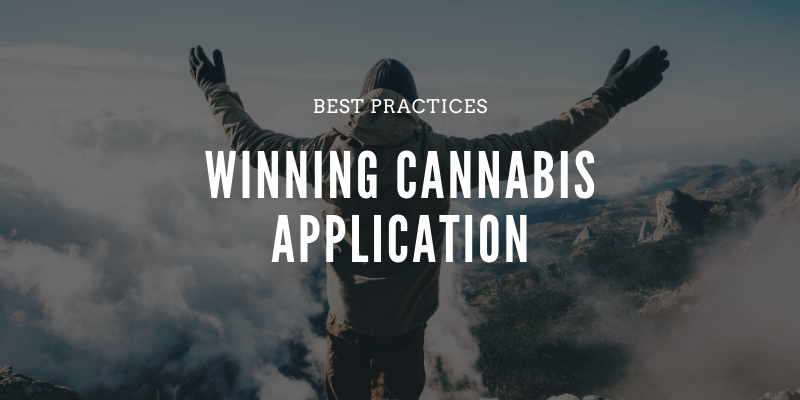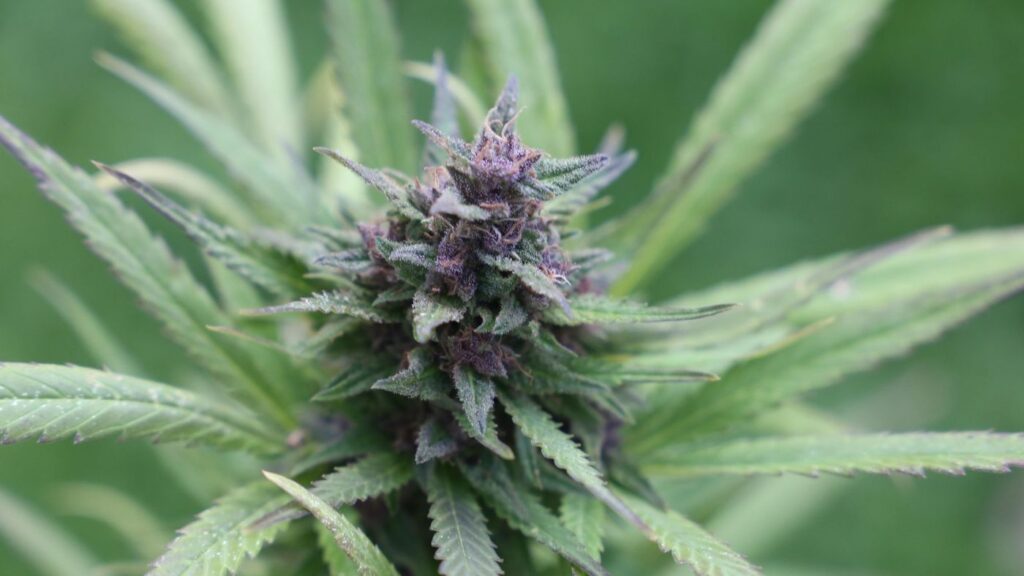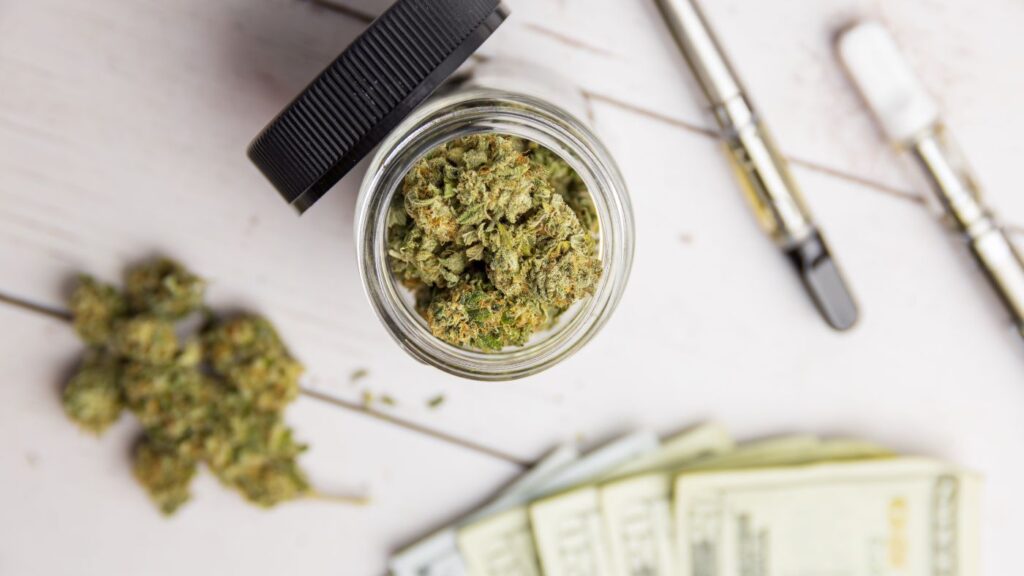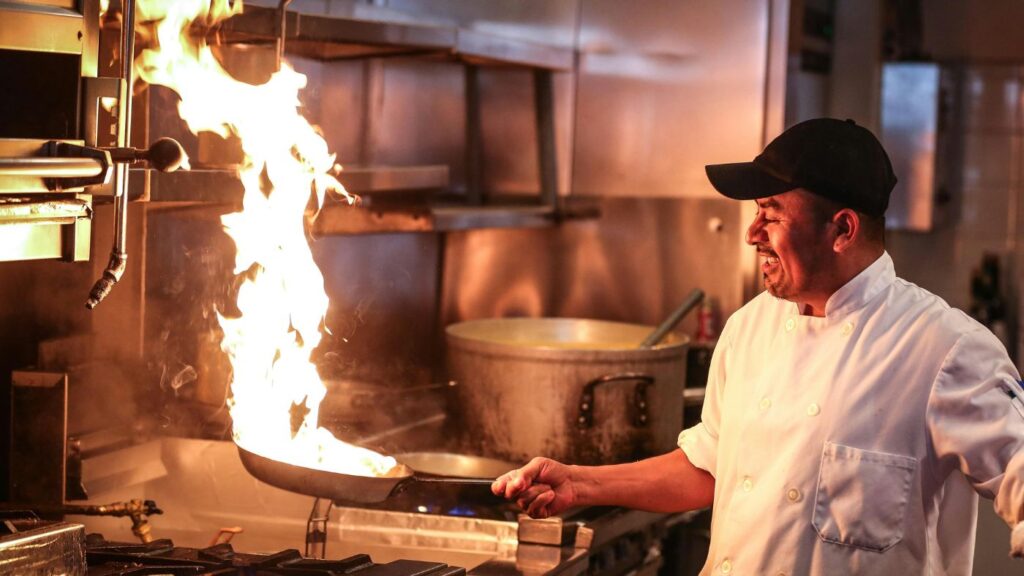Safety, diversity, funding and smart planning are key ingredients to submitting a winning application
Even though half of U.S. states and the District of Colombia now permit the possession of medical or recreational cannabis, state regulatory bodies differ greatly in their approaches to managing our industry. In Washington, anyone over the age of 21 can legally possess one ounce of usable cannabis and/or seven grams of concentrate. In Minnesota, patients are only allowed to purchase non-smokable cannabis in pill, liquid or oil form.
Given these substantial differences, it is no surprise that the application process to open a dispensary or cultivation facility also varies from state to state. The question I am most often asked (and catch myself mulling over late at night) is what can applicants do to ensure their success, regardless of where they are applying?
Recently we helped a client secure one of the first 15 licenses issued to grow medical cannabis in Maryland. The Maryland application process was particularly unique because most of the applicants had political or law-enforcement ties, or were connected to successful out-of-state growers. That experience, along with our work in places like Arizona, Colorado and Florida, has shown me the importance of teamwork, diversity and security in developing a winning application.
So here are my suggestions for ensuring a successful submission, regardless of which state you are operating in:
- Build the Right Team. My dad likes to say, “Use the right tool for the right job.” I think the same is true about creating the team for your application. Do not assume one or two people will be able to fill all of the required roles. You will need experts in a range of different areas including medicine, pharmacology, capital investment, cultivation, real estate, security and law.
- Focus on Diversity. I think one of the reasons we have been successful in helping clients secure applications (we are six for six, in six different states) is our commitment to gender, racial and even geographic diversity. For example, we recently helped a client secure a license in an economically underdeveloped area. I think our choice to headquarter the new business outside of the metropolitan corridor was at least partially responsible for our success.
- The Devil is in the Details. According to ArcView Market Research, the cannabis industry is expected to be worth $23 billion by 2020. If you want to be one of the organizations selected by your state to sell cannabis, you need to have your act together. Most applications ask incredibly detailed questions. Therefore it is essential that you answer them thoroughly and accurately. All answers should be in compliance with your state’s regulations.
- Put Safety First. You will need a comprehensive plan that takes all aspects of security into account. This includes everything from hiring security guards to purchasing cameras, and implementing internal anti-theft procedures. Regardless of the size of your operation, safety should be a primary consideration.
- Secure Funding. Successful cannabis businesses require capital. It’s important to be realistic about the amount of money you will need to have on hand. Application costs typically range from $500,000 to $1 million. This will cover things like hiring an architect or leasing land. Ideally, your organization will have another $5 to $10 million or more available to start your project once you’ve been approved so that you can quickly become operational.
- Connect With Your Community. It is essential to consider the impact of your business on the community. Being a good corporate citizen means being transparent and engaging in a two-way dialogue with neighbors, government officials and patients. I strongly recommend that my clients develop a comprehensive community outreach plan that designates which organizations they plan to work with, (hospitals or universities, for example) and what the nature of those partnerships will be.
Leif is now the Chief Marketing Officer of Catalyst BC and spends the majority of his time helping clients secure licenses in newly legal states and turn those opportunities into profitable cultivation operations, extraction facilities and dispensaries. His areas of expertise include licensing & compliance, large-scale facility management and retail operations. Follow Leif at LinkedIn.
Originally published in Cannabis Industry Journal October 25, 2016
Additional Resources
Consulting Services For Cannabis, Hemp, Psilocybin, and Natural Medicine
- Consulting Services Overview
- Business Strategy
- Financial Planning
- Cannabis, Hemp, Psilocybin, & Natural Medicine Licensing and Applications
- Facility Design
- StartUp Support
- Genetic Development
- Business Turnaround
- Operational Optimization
- Vertical Farming
- Controlled Environmental Agriculture (CEA)
- State and Country Services Directory
- Blog
- Home
Testimonials and Public Relations
Latest Articles
- Utah Medical Cannabis Pharmacy License Applications Open for 2025: Eligibility, Deadlines, and RequirementsThe Utah Department of Agriculture and Food (UDAF) has officially launched the first application period for two independent medical cannabis pharmacy licenses, running from July 1 through July 31, 2025. Originating from House Bill 54, passed during Utah’s 2025 legislative session, these new pharmacy licenses aim to broaden medical cannabis access in medically underserved areas across the state.
- Cannabis Startup Costs: From Licensing to ProfitabilityStarting a legal cannabis business isn’t just about getting a license—it’s about building a profitable, compliant, and sustainable operation in one of the world’s most capital-intensive and regulated industries. Many entrepreneurs enter this space with many goals, good intentions, and passion, but ultimately fail because they underestimate the cost, complexity, experience, and time required to turn a cannabis license into a thriving business.
- Cannabis License Pitfalls: How to Avoid Common Cannabis Licensing MistakesAs new adult-use programs launch, many entrepreneurs are eager to start growing, processing, or selling cannabis. Excitement runs high, but the industry’s heavy regulations and complex operations can quickly overwhelm even experienced business owners. Common mistakes include underestimating compliance requirements, rushing facility design, skipping proper procedures, and more.
- Maximizing Your Minnesota Cannabis Microbusiness or Mezzobusiness LicenseMinnesota’s new adult-use cannabis law allows microbusinesses (one store, up to 5,000 sq ft indoor, ½ acre outdoor) and mezzobusinesses (up to 3 stores, 15,000 sq ft indoor, 1 acre outdoor) to cultivate, manufacture, sell, and transport cannabis under one license. These vertically integrated licenses offer flexibility, but also come with complex state rules.
- The Recipe for a Top-Tier Cannabis DispensaryOperating a highly reviewed, top-performing cannabis dispensary takes more than simply stocking product and unlocking the doors. It requires operational discipline, regulatory expertise, top-tier customer service, dynamic merchandising, and a culture of accountability and community. With the cannabis industry continuing to expand—and regulations constantly evolving—success is defined by how seamlessly a dispensary integrates compliance, product curation, staff training, and marketing into day-to-day operations.
- Minnesota Lottery Results: June 5 Cannabis License Drawings and What’s NextThe Minnesota Lottery for cannabis business licenses reached a pivotal milestone on June 5, as the Office of Cannabis Management (OCM) conducted randomized drawings for select license types. These lotteries were open to both social equity applicants and general applicants vying for limited licenses to operate as cultivators, manufacturers, and mezzobusinesses. Additionally, a separate lottery was held exclusively for social equity applicants seeking a retail cannabis license.
Explore Our Articles
Business Funding cannabis applications Cannabis Bar Cannabis Business Optmization Cannabis Business Services cannabis careers Cannabis Compliance Cannabis Consumption Cannabis Consumption Bar Cannabis Inventory Management Systems Cannabis Investors cannabis jobs Cannabis Legalization cannabis licensing Cannabis Lounge cannabis marketing Cannabis Operational Procedures cannabis outreach Cannabis Regulations Cannabis Security Cannabis Software Cannabis Startup Cannabis Supply Chain Cannabis Technology Colorado controlled environment agriculture Cultivation cultivation facility Dispensary Design facility design Financial Planning Legal Update Legislation Medical Cannabis Minnesota Natural Medicine Nebraska New York Odor Control Oregon Psilocybin Psychedelics Recreational Cannabis Solventless Extraction Tribal Cannabis Licensing
Free Ebook – Start Your Own Legal Cannabis Business








